The Em Dash (—): How to Use It Correctly
The overuse of the em dash has become a common complaint in AI-generated text. Does this mean we should stop using this punctuation mark?
Read More
Why is the Oxford Comma So Controversial?
The Oxford comma is a contentious punctuation mark. Learn why it's debated, its impact on legal writing, and what style guides recommend.
Read More
Passive Voice: When to Avoid It and When to Use It
Passive voice may seem like something every writer needs to avoid, but it's actually useful in certain situations.
Read More
Parallel Structure: What You Need to Know About Parallelism
By implementing parallel structure in your legal writing, you can create clear, balanced, and professional sentences.
Read More
Who vs. Whom: How to Always Make the Right Choice
How do you correctly choose between who or whom? Texas Bar Books Editor Roger Siebert is here to provide the answer you're looking for.
Read More
How to Use Semicolons Like a Pro
Master semicolon usage in legal writing, understand the role semicolons play in series and independent clauses, and learn how context influences punctuation choices.
Read More
How to Overcome Sentence Construction Issues
Learn how to avoid common sentence construction mistakes in your writing. Improve your grammar skills with these helpful tips and examples.
Read More
Improve Your Writing with These Safe Bets
Improve your writing by finding the perfect balance between natural-sounding language and grammatical correctness in your writing.
Read More
How to Avoid Typos: Proofreading Tips to Improve Your Writing
Typos can make even the most polished work look unprofessional. Use these four easy tips to stop making mistakes in your legal writing!
Read More
How to Avoid Legalese and Other Highfalutin Wordiness
By avoiding unnecessary legalese and wordiness in professional communication, legal professionals can achieve clear and concise writing.
Read More
Is It Wrong to End a Sentence with a Preposition?
In legal writing, ending sentences with a preposition may seem like a grammatical sin but is it really as drastic as it seems?
Read More
Just Deserts or Just Desserts?
Just deserts is a deceptively simple phrase. But is it deserts or desserts. Read Roger Siebert's post to uncover this saying's secrets!
Read More
How Many Spaces Go After a Period?
The topic of single or double spacing after a period is quite contentious, especially in the legal industry. Here's what you need to know.
Read More
Quoting Vs. Paraphrasing: Best Practices When Using Source Material
Knowing how to effectively borrow from source material—by quoting and paraphrasing—is an important skill for legal writers.
Read More
Me, Myself, or I: How to Make the Right Choice
Learn when to use me, myself, or I correctly in sentences, and avoid common hypercorrections with these simple tips.
Read More
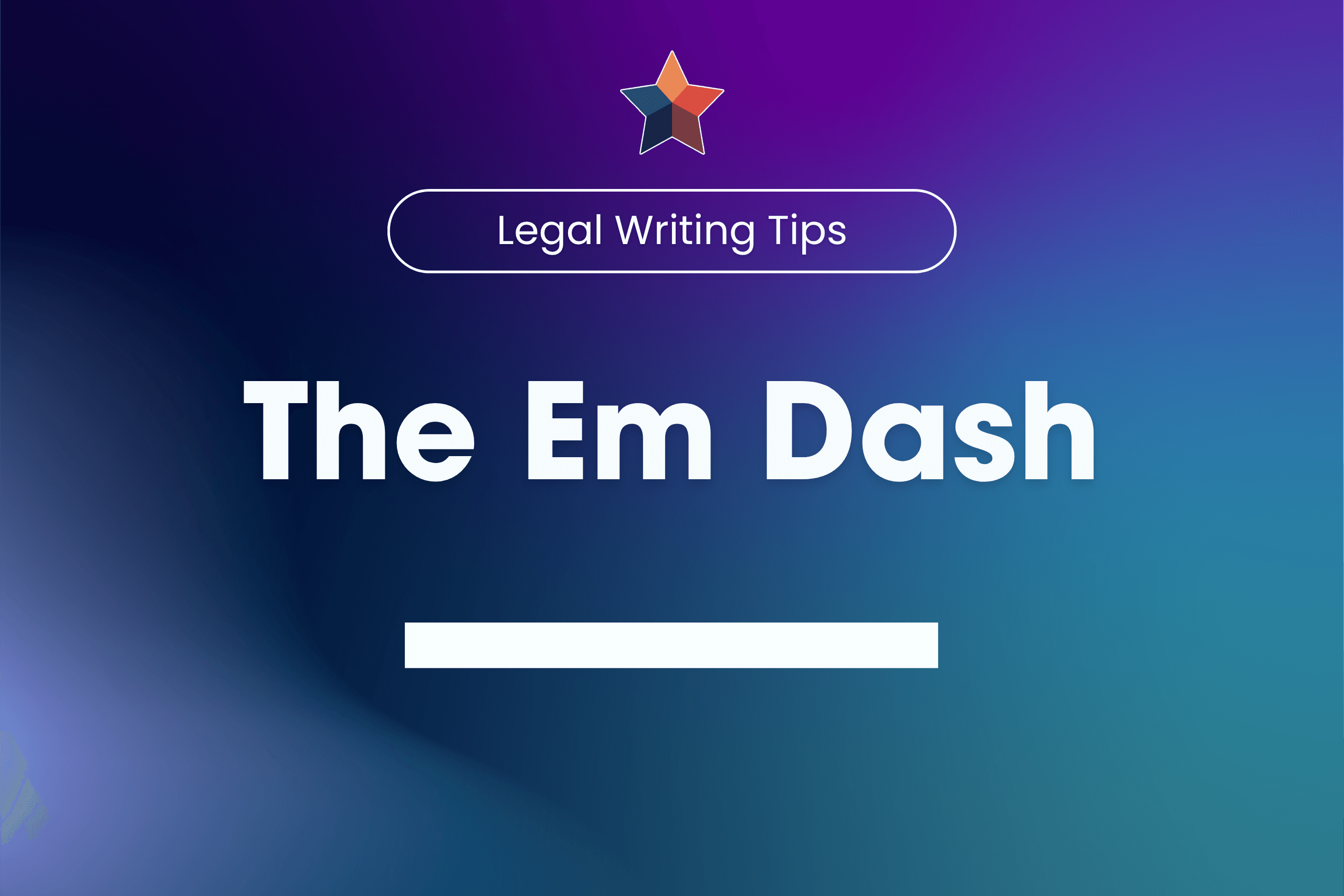
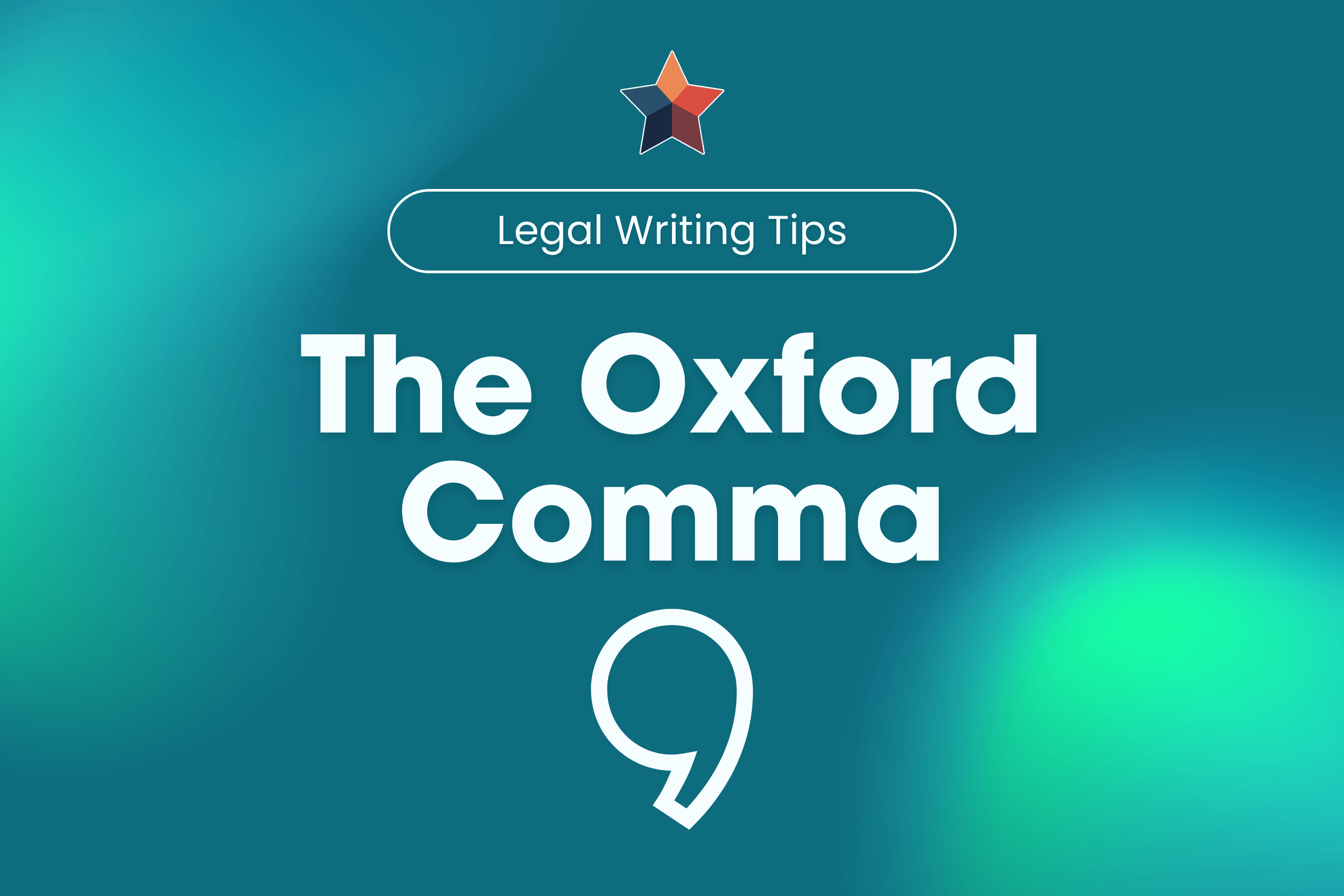


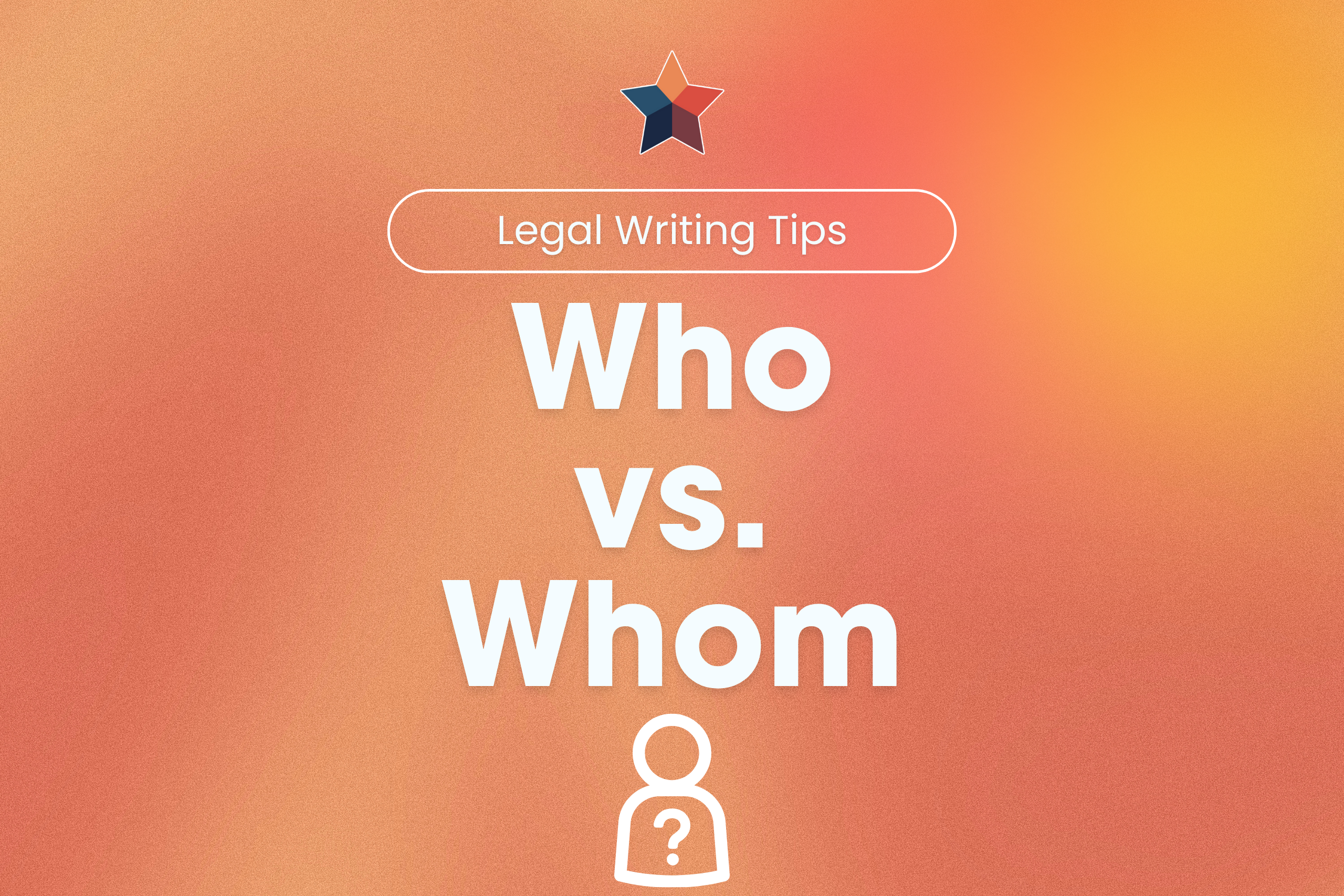
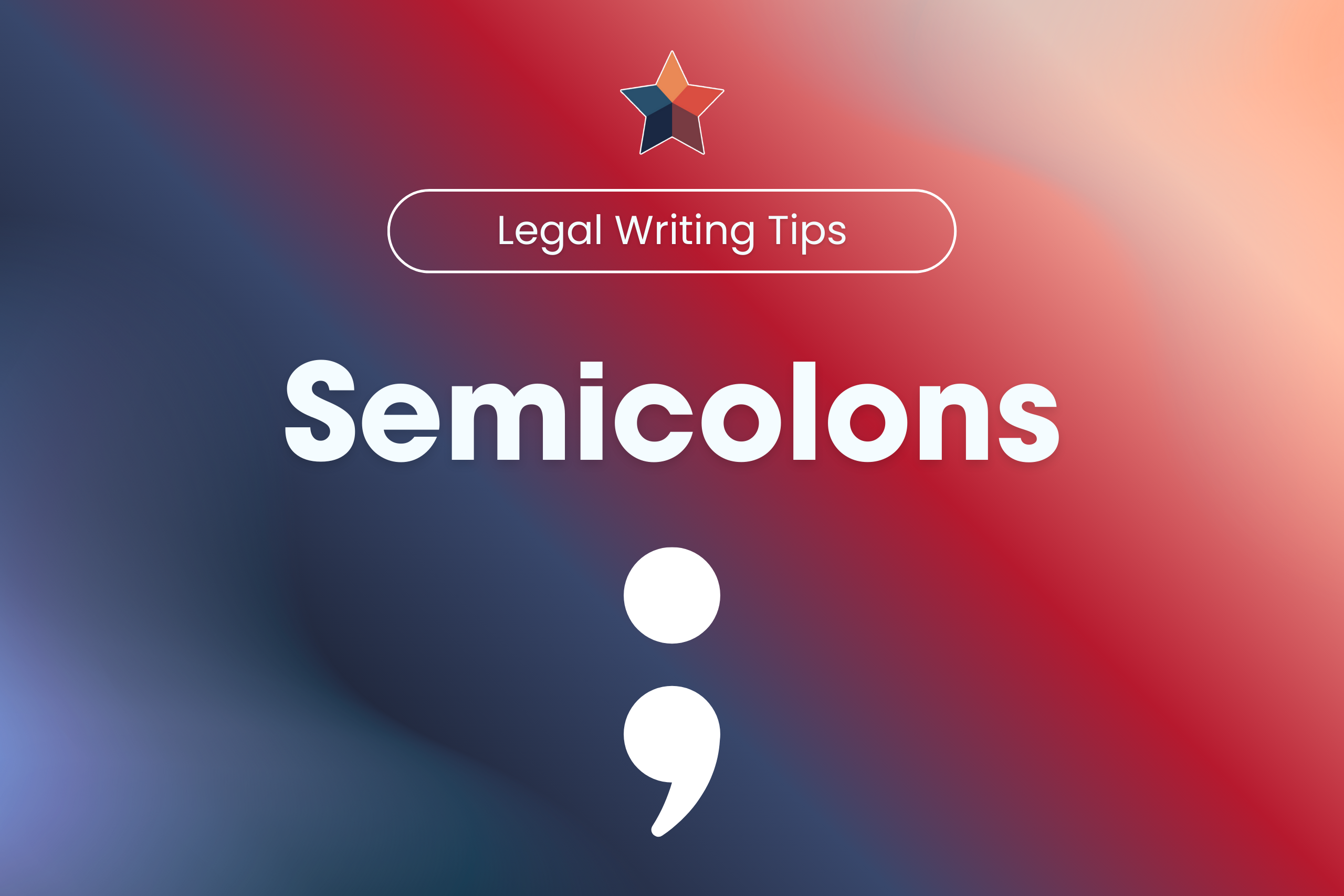

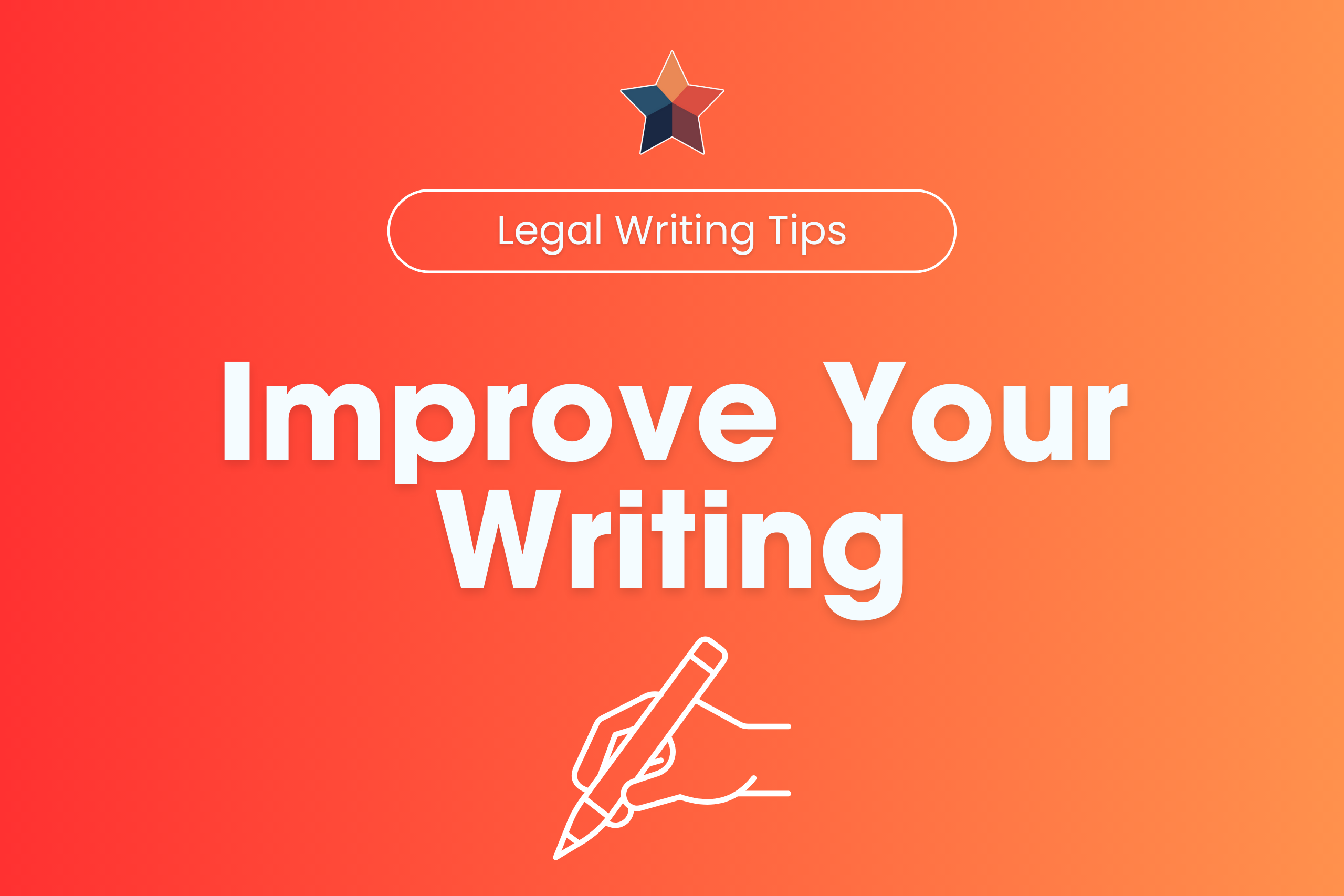

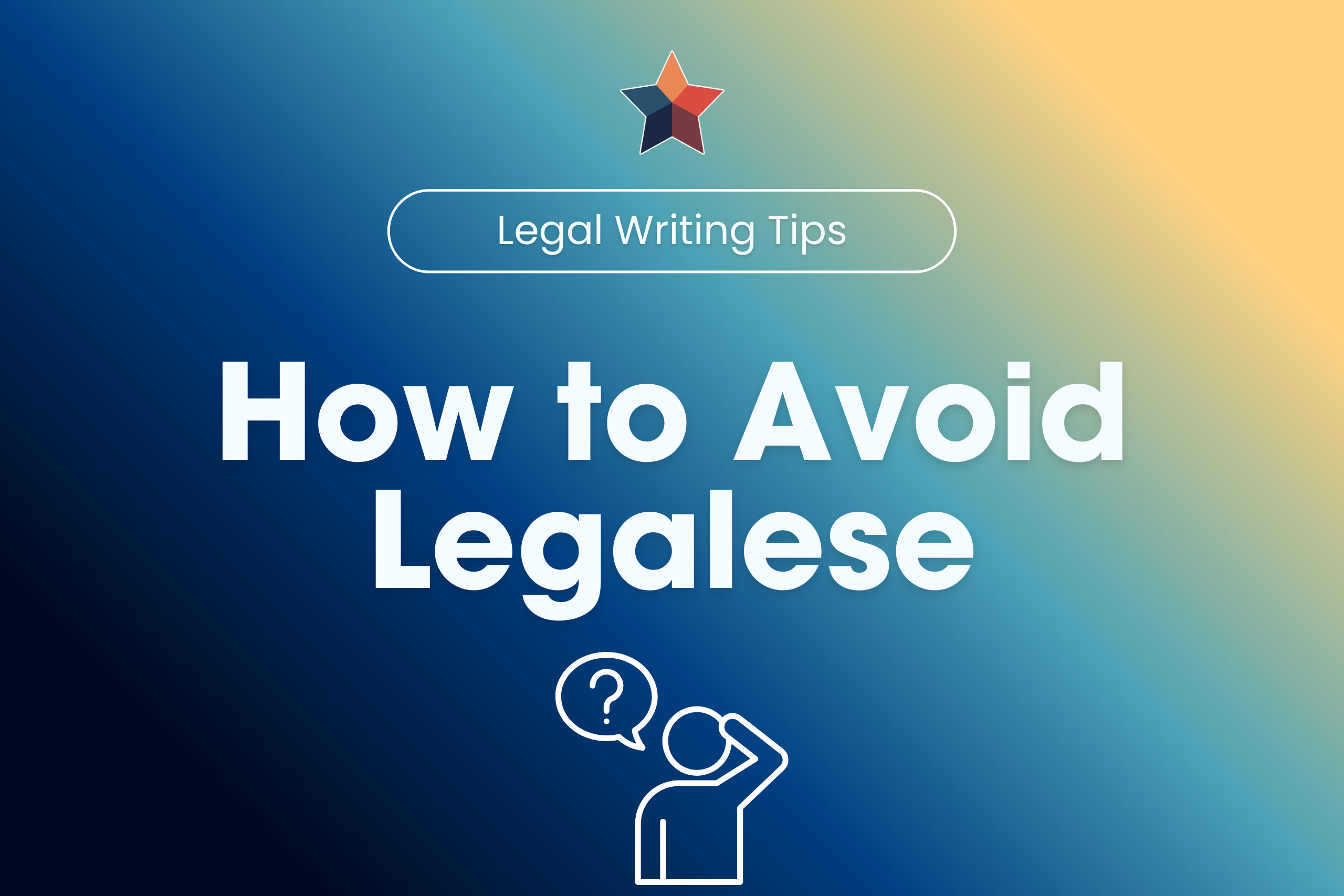
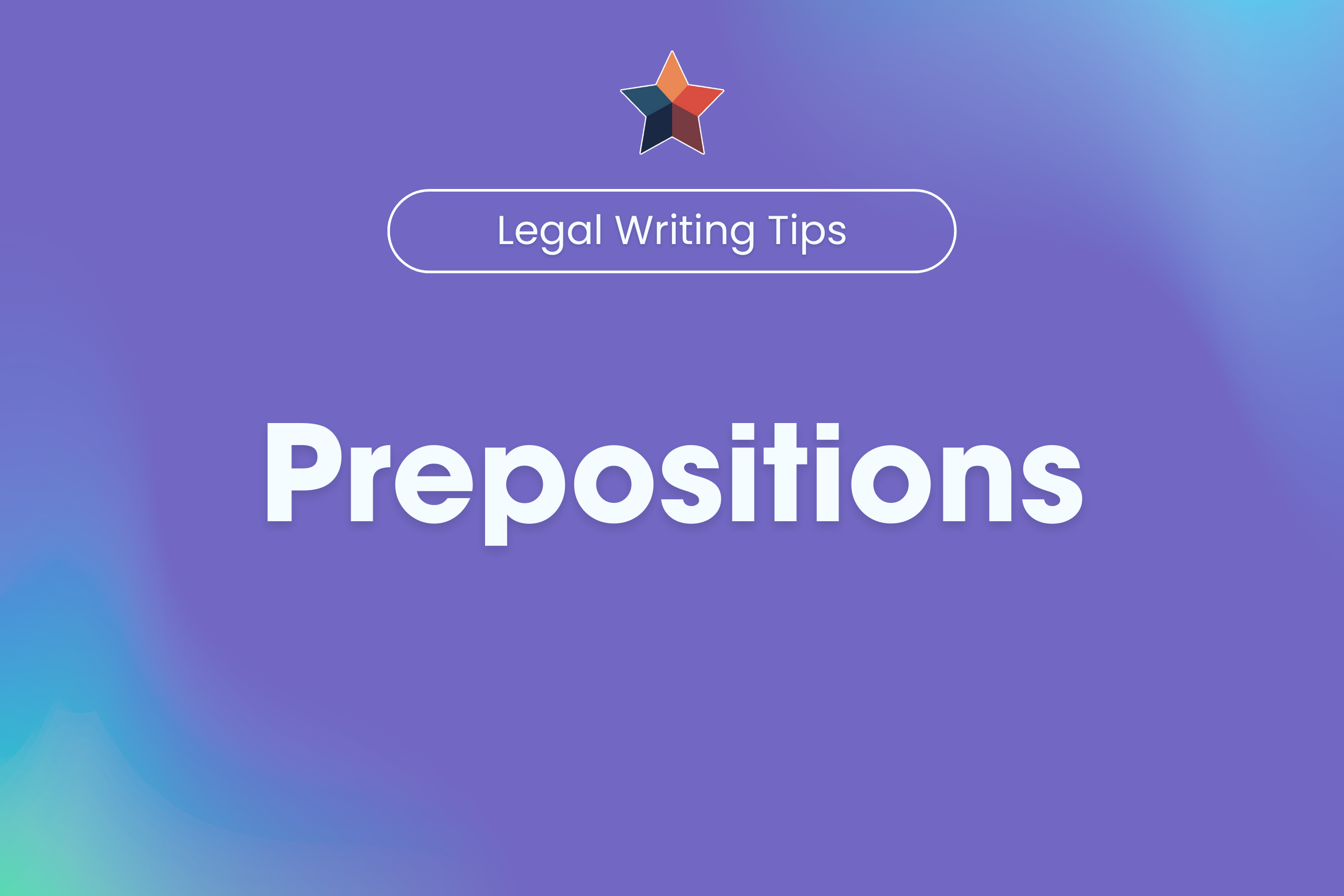


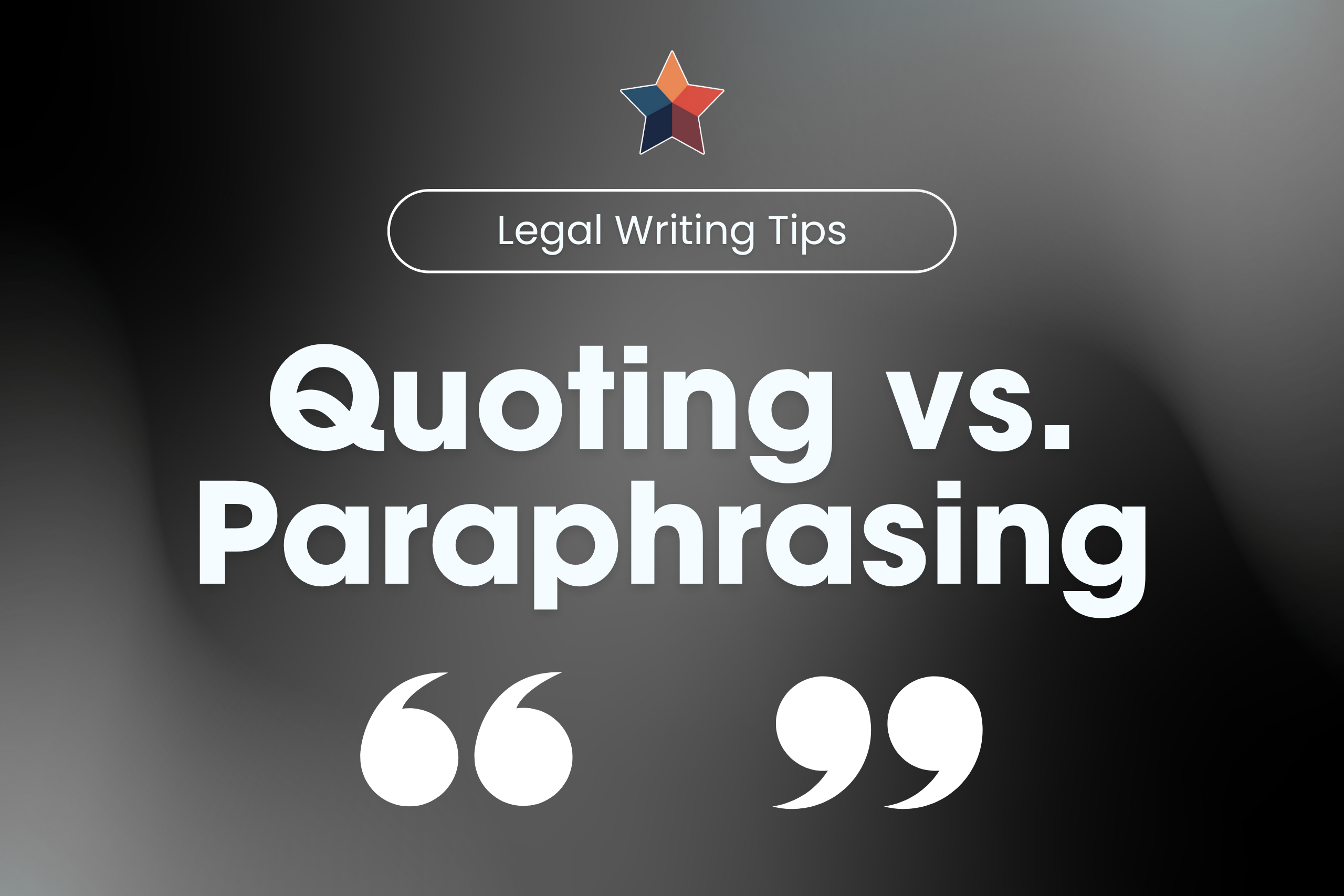
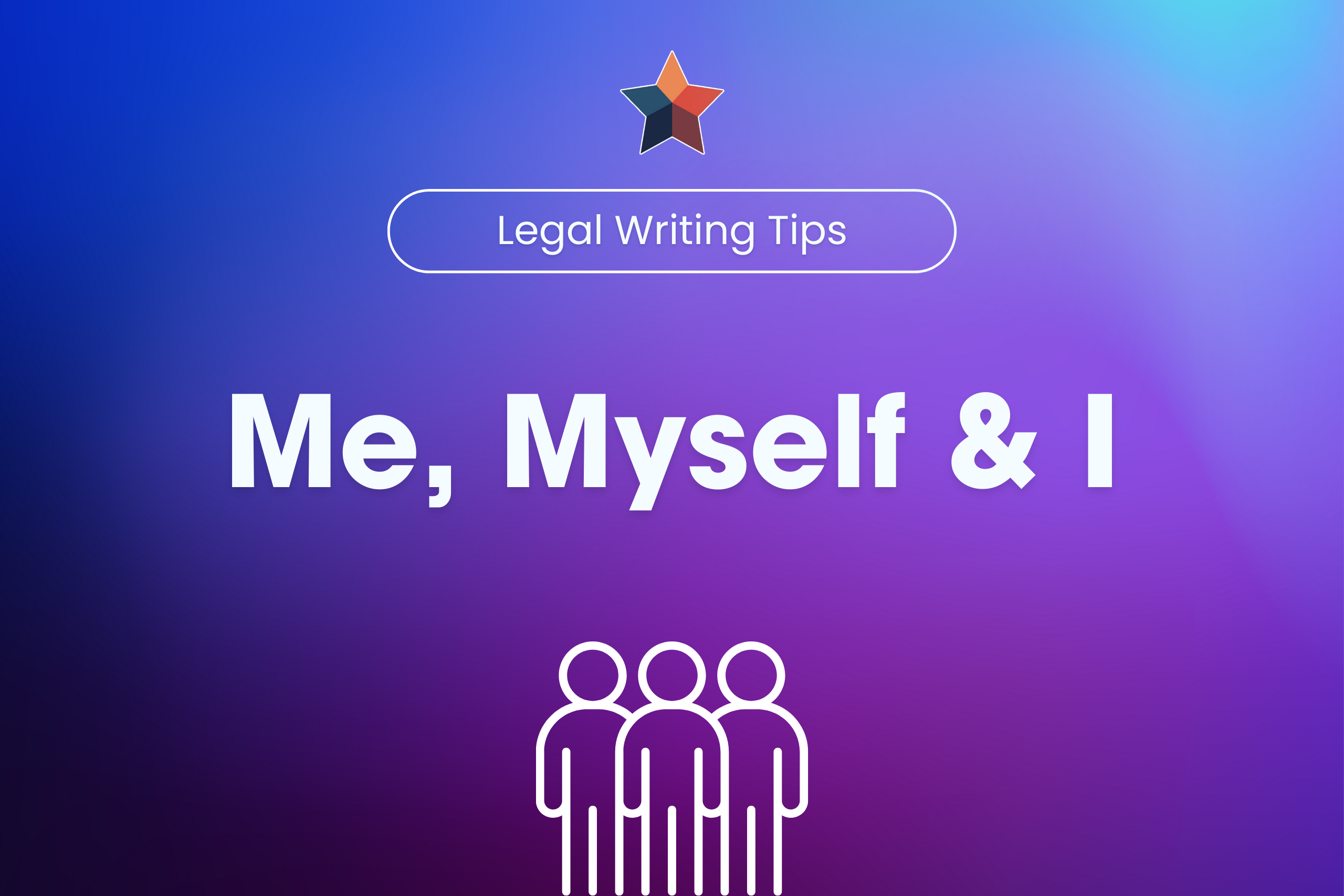
 LPM Help Center
LPM Help Center